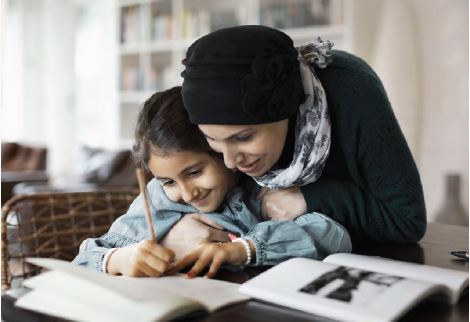World Cancer Day: A time to look to the future

This article originally appeared on LinkedIn on February 4 2020.
Another World Cancer Day is almost upon us. And this time, at the start of a new decade, I feel we are on the cusp of what once seemed like the far-off future in oncology. There are some incredible advances already in progress and even more on the horizon – and I’m proud to say that Janssen is leading the way in many of these.
Cutting-edge research is constantly improving our understanding of cancer and how it develops, with novel treatments and diagnostics being explored for countless newly-identified molecular targets. As a result, we have seen a significant increase in the number of cancer medicines and indications over recent years, helping to stop cancer in its tracks – and in some cases even reverse it. As someone who puts this goal at the center of everything they do, I find these developments immensely exciting!
But in order to make cancer a condition that can be managed, intercepted or even cured, the oncology community will need to look to this promising future and think about what more can be done to help improve outcomes for patients. So this World Cancer Day, I urge everyone to come together and reflect on how we can make this shared vision a reality.
Some of the challenges we’re facing have recently been emphasized by a new report published last Wednesday from the Swedish Institute for Health Economics, which was supported by Janssen in collaboration with the European Federation of Pharmaceutical Industries (EFPIA). The Comparator Report on Cancer in Europe 2020 shows that despite the dedicated work of the oncology community, cancer still causes one in four deaths and is the second leading cause of premature death in Europe. What’s more, if current trends continue, cancer is set to overtake cardiovascular disease and become the leading cause of death and disability in Europe.
These can seem like daunting statistics. But as I mentioned, the great strides we have already achieved are also making their mark. The report highlights that thanks to improvements in services and treatments to date, we have seen the number of cancer deaths in Europe increase at a slower pace (20%) than the number of cancer diagnoses (50%). Cancer survival is improving, and with over 300 antibodies currently in clinical development for an increasing number of tumour types, we are continuing to look for ways to evolve treatment further.
So while there is plenty we can still do to improve cancer care, let’s use this World Cancer Day to celebrate how far we’ve come and start identifying what’s next if we’re going to reduce the global impact of cancer. By using our deep expertise and experience, and by putting patients at the heart of everything we do, we can continue to improve outcomes over the next decade and beyond.
I hope all of you will join me in this discussion and in this action. After all, the more of us there are, the more victories over cancer we can contribute to. And every victory brings us closer to a cure.


